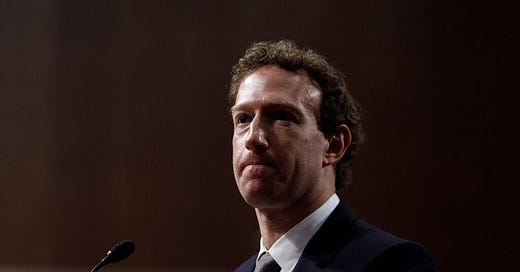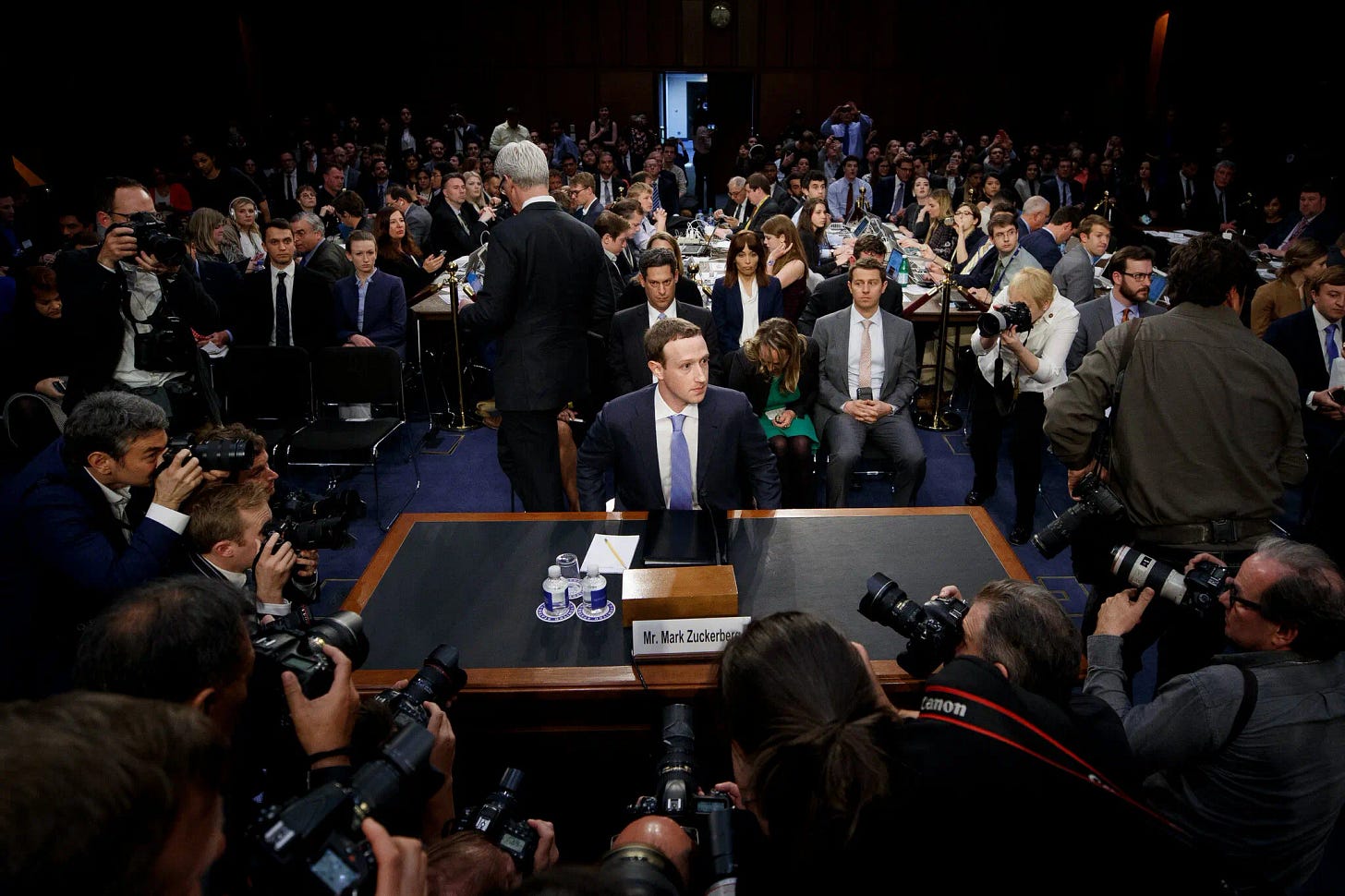Mark Zuckerberg and the quest for truth
No to censorship and yes to freedom and individual responsibility
Mark Zuckerberg, CEO of Meta and the famous founder of Facebook, announced that the social media giant is phasing out third-party fact-checking in favor of crowdsourced fact-checking, which he presented as a return to Facebook’s roots in belief in free expression. The reason for ending the program, Zuckerberg said, was that the fact-checking system had generated “too much censorship.” He declared in a January 7 video on the ending of the fact-checking program that “fact-checkers have just been too politically biased and have destroyed more trust than they’ve created.” Not all monitoring of content will be eliminated, however, in that criminal activity, pornography, and hate speech will be detected and blocked; but there will no longer be an effort to prevent the dissemination of so-called disinformation. Meta is the parent company of Facebook, Instagram, WhatsApp, and Threads.
In “Mark Zuckerberg’s Political Evol…



